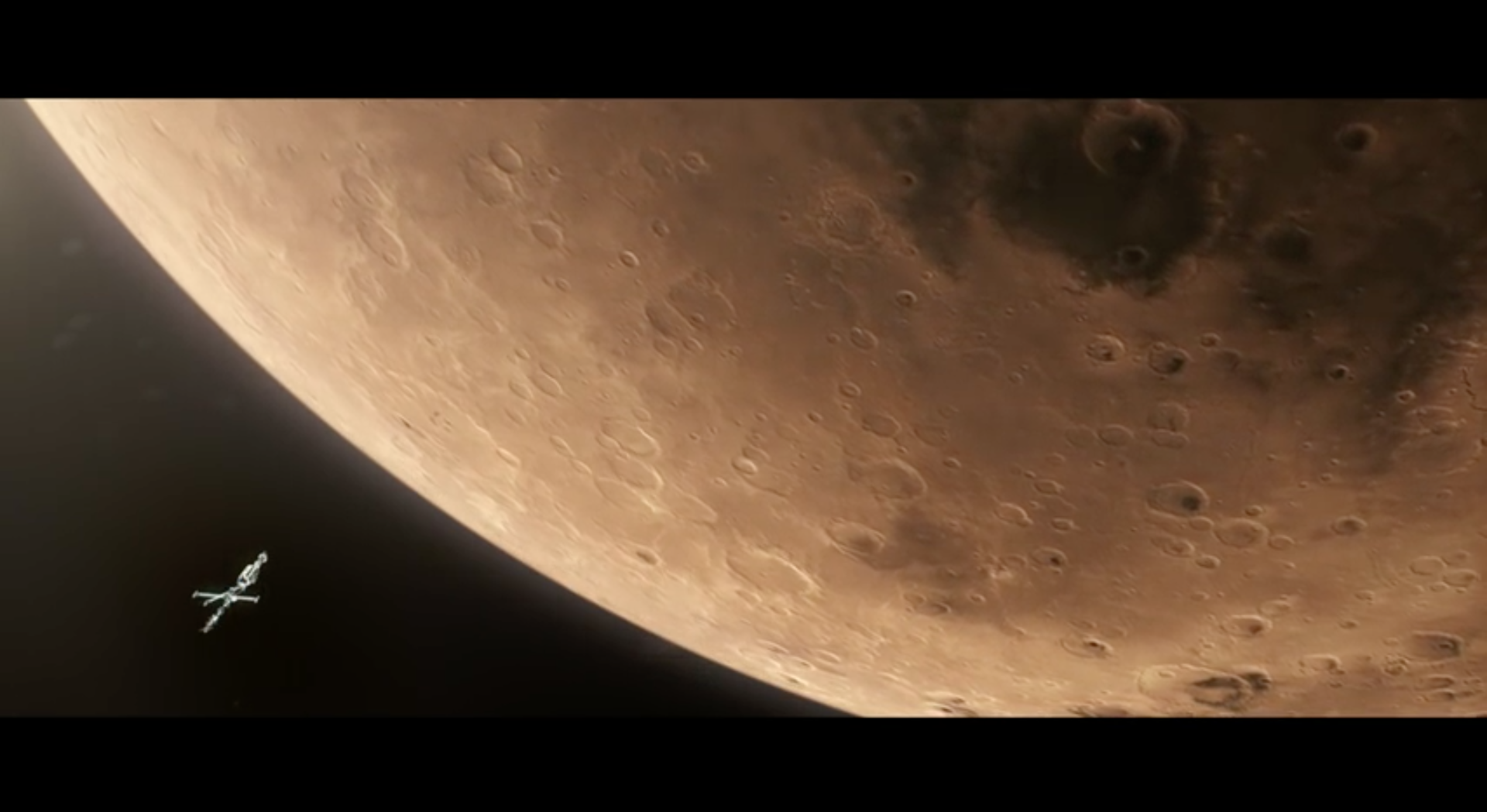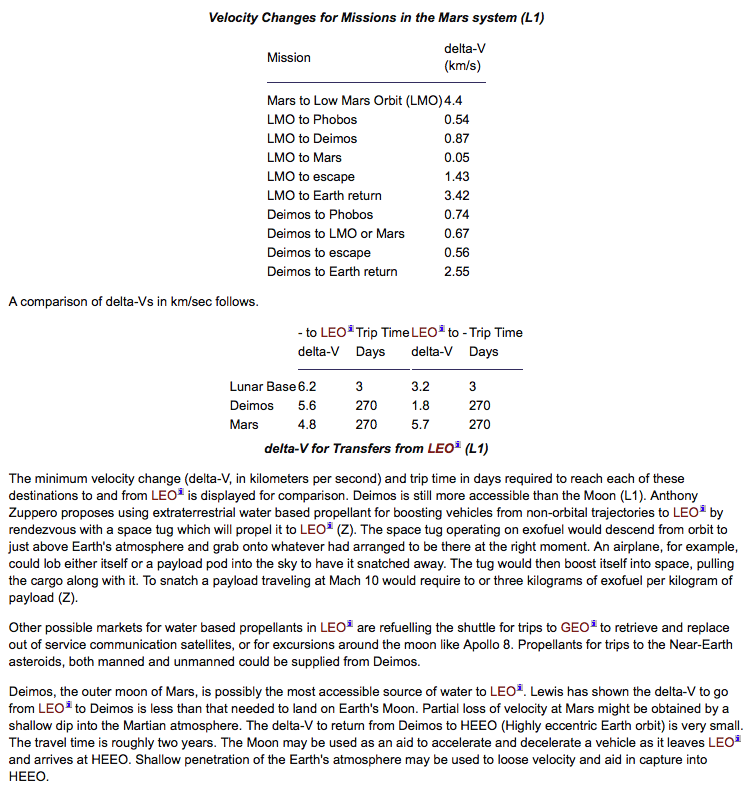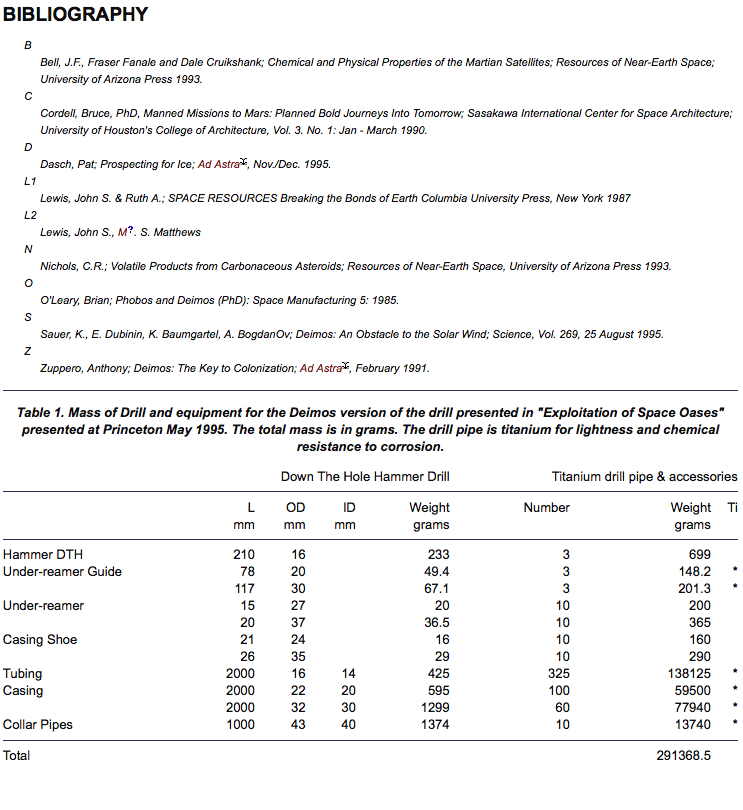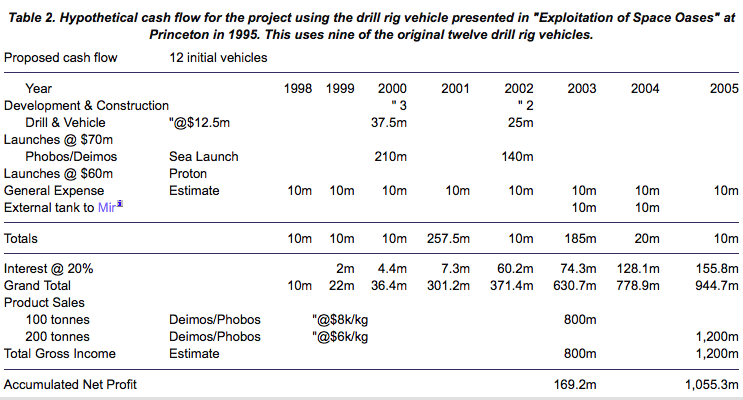














https://youtu.be/WjNssEVlB6M
Photos by NASA/JPL/U. of Arizona/Goddard Space Flight Center Scientific Visualization Studio

















Photos by NASA/JPL/U. of Arizona/Goddard Space Flight Center Scientific Visualization Studio








Jan 4, 2017 40:20 […this is a ‘factual fiction spoken transcript’…with “ums” and “ahs”]
David: So I have a question from my earlier life, scuba diving, ‘cause, um, I used to go on, ah, weekend dive boat trips out ah in the Santa Barbara Channel. But I also did, uh, longer, two week boat trips — things like that — to the Grand, ah, um, to the Great Barrier Reef and other dive centers, Fiji Islands, and places like that. I was writing underwater photography, uh, in tourists’ magazines. And, uh, so — and Micronesia was a big spot too — so here’s what would always happen. There would be some people that would go husband and wife, and there would be a couple of single women that would attend, and there would be a lot of guys that would attend. So, people — the dynamics were, that people would pair off — that wives would want to pair off with someone else secretly — I mean you know the personal dynamics was all over the place on the boats. And they would find ways…when the husband’s diving, the wife would not be diving, so she could go play around with someone else. I mean — I did this for ten years — and I don’t think there was ever a trip, where, there weren’t personal conflicts, jealousies, people wanting to be with the same person. And I can’t imagine that even if you had a really well trained crew and they’re going to stick people in a can — that you’re not going to have the same kind of monkey business going on with people in space. You can maybe screen it, you can maybe, you know, try to find people that are not as subject to you know what you might be doing on a dive trip in your twenties or thirties, but, I don’t know, how ‘bout the personal relations with the crew and, and, getting jealous with one another and pairing off and all of this kind of stuff, is — how do you overcome that or how do you control it?
Nick Kanas: Well I’m not sure you can over come it, completely…you can deal with it, but, people are going to be…people. My sense is that in space so far, maybe there’s been a few differences, ah, here and there — for example, there’s absolutely no evidence, ah…I knew this was going to come up, in fact I deal with it in this issue in my book and I also wrote a science fiction novel I dealt with this sex in space issue. There’s no evidence that that anyone has done the deed in space. I have looked all over the place, I have talked to people over coffee, over drinks, who are flight surgeons — I’ve read reports from the Russians, reports from Americans, and at least no one is talking to this issue. Now there’re reasons for that. First of all, in microgravity, ah, although men can get erections — that’s been found — and women are all on birth-control pills, primarily for bone control and menopause, ah — birth control pills are good for dealing with that. Nevertheless you don’t feel too good…you’re kinda bloated, you’re ah, everything’s — water fluids have been shifted around, ah, there’s evidence in males that testosterone levels drop in microgravity, and, tremendous social pressure to not have sex in space from the agencies. If you want to get grounded, uh, pretty quick, and ah, not fly again, you have a sexual scandal in space. So I think for physiological reasons and, perhaps political reasons, it works against sexual issues. Plus a lot of the crew members have gotten a bit older and, ah, in the male and female crews, and, I think it’s just ah — they have other interests, you know, they can usually sublimate some of this stuff.
Now we’re going to Mars. Two and a half years. I think some of your experience…you’re gonna have, you’re gonna have people over the long haul, ah, especially if there’s artificial gravity, doing what people always do — boys and girls together — uh, and I think you have to learn to deal with it and find ways of coping. Um, I think crews, um, my guess is that the first crew going to Mars…is going to be males and females, uh, you don’t want to ever have one of any significant demographic group because that’s when we see people feeling isolated. What was hard — some of the simulations done in Europe, ah, where they’ve done simulated space, where they had one woman and three men, it’s awful hard on the woman. Because she’s the star. She’s the pressure — we found that in early Antarctic expeditions as well, when you have very few females, what happens is that captain gets the girl. I mean the highest ranking male usually ends up with you know, with the woman, if there’s one. So you want to have two or three women, two or three men — you want to have ah gender pals. Plus you want to have, um, kind of a sense of multinational differences as well, where you have maybe three or four English speakers who are native…
Comments:
Machmer: This was inadequately answered. We need straightforward, honest, blunt discussion of sexuality in space. Humans will have a lot of sex in space and they should. We need to encourage sex in space, not pretend it doesn’t happen or that for some reason it shouldn’t. “Bloating”, “low testosterone”, “zero gravity”, “social pressure”, “crews getting older”, “a lot of other interests”…this is ridiculous nonsense. Unrealistic wishy-washy hedging like that makes permanent ‘explore to stay’ missions with married couples difficult to promote. We ought to speak of selecting married crews — specifically so they have sex. Married sexually active crews ought to be the norm. Sex ought to be expected, encouraged, scheduled, part of the normal healthy routine of daily research-settlement life.
Strangely, just an anecdotal personal observation: academics, sci-fi writers, and engineers are some of the least sexually mature folks I know (myself included). Perhaps this is just my own personal experience but after several decades of associating with such communities, it seems there might be some truth to such a casual observation…from Asimov to Clarke to KSR and on and on, sexuality in sci-fi tends to be odd, adolescent, and very unorthodox. Odd and unorthodox is fine, but we need a broad open discussion of basic human sexuality in the space community. Apparently nuclear engineers and opthamologists have divorce rates in the single digits — the lowest divorce rates among professionals in the United States — but most of the top engineers in space exploration I know of have been divorced multiple times. They’d hardly make socially stable crew members — although I don’t know how much fun it would be to live in a permanent settlement with those who would.
It’s unproductive and dangerous to pretend engineers we send on hopefully permanent missions to Mars will be sexually mature, responsible, polite professionals. What we need to avoid is a Pitcairn Island scenario in which men kill each other fighting over women (accounts vary, this is a tame version: https://en.wikipedia.org/wiki/…(Also, in 2004 nearly a third of the Island’s male population was arrested for sexual abuse: https://en.wikipedia.org/wiki/… These articles make a worthwhile, bracing, chilling read…the UK government does not even allow its Foreign Service Office staff to visit the island with their children.)
We need to speak about these issues. I would recommend anyone in doubt about the chaos of human sexual behavior attend a comedy open mic at a nearby university town. These topics come up over and over. Masturbation, homosexuality, cheating girlfriends — basically Standup Comedy 101. And they are spoken of in the most direct, honest, down-to-earth EFFECTIVE manner. For instance, has anyone reading this gone a few months without masturbating? A week? If you’ve abstained more than the duration of a Mars return mission — seek medical attention. Immmmmmediately. That is a serious problem. It is not an ideal. Abstinence is not something professionals should strive for. To be blunt: we ought to know how often astronauts have sex and masturbate on the International Space Station right now.
Kind of joking but, really…attend an open mic. Microgravity would obviously be fun.
(Quick serious note: Mary Roach was David’s guest a while ago for an interview in which she explicitly mentioned married couples having served on ISS simultaneously, during which it was supposed that of course they’d had sex. She didn’t mention names but did intentionally leave the impression that sex has most definitely occurred in space. We ought to make sure it is expected. The absence of sex is unhealthy.)
Cholmer: Agree that this is a really important question to answer. Not only from a physical health stand point but a psychological standpoint.
The best examination that we have on this is the 2 year closure with Biosphere 2 where 4 men and 4 women were closed in for 2 years. Half (2 couples) were had bonded and paired prior to the closure, 2 were unattached and 2 left spouses on the outside. This experiment is famous and infamous for many things, chief among them was some of the reported dynamics that happens. Unfortunately since this was a private company and the public implosion of Space Biosphere Ventures (SBV) during the 2nd closure test, much of this data is not available.
Recently in 2006 Jayne Poynter, one of the published in her book (https://books.google.com/books… ) about some of the dynamics and specifics that went on both inside the enclosure and the conflicts that happened between the crew and mission control.
For a shorter summary, you can read The paper ‘Group dynamics challenges: Insights from Biosphere 2 experiment’ by Mark Nelson, Kathelin Graya, John P. Allen. (http://www.sciencedirect.com/s… Mark Was also a member of the original Crew 1 and John Allen was a VP at SBV and managed the mission control side of things. There is some discussion of what they did for selection and training on this prior picking the crew for the first enclosure. What I find most intriguing about this is that even with this, they still had very serious issues with this
So big question here for Dr. Kanas and other is – is group dynamic training part of the mission training planning and is something like the Bion approach / reviews (or some other method) being considered as part of the mission plan it self as an activity by the crew to objectively examine and identify unhealthy behaviors during the mission?
As for the married couple on the ISS, they were married, based on experience, of course they didn’t have sex.
http://thespaceshow.com/show/03-jan-2017/broadcast-2838-dr.-nick-kanas#disqus_thread
http://factualfiction.com/marsartists/2013/04/26/space-is-for-lovers/
http://www.rfreitas.com/Astro/SexxxInSpace.htm

Key quotes:
“NASA has established a cadence of Mars missions, each more complicated than the last, each developing Martian science and engineering with eventual human exploration in mind. As long as the Mars missions continue, the agency can iterate on its carefully accumulated institutional knowledge. If that knowledge is wasted and manufacturing partners spin down, the entire Mars apparatus will have to be regrown from zero.”